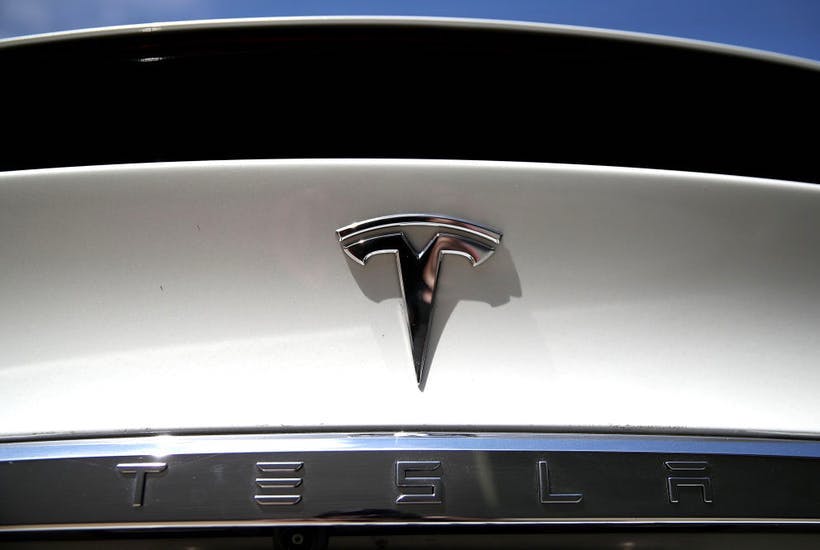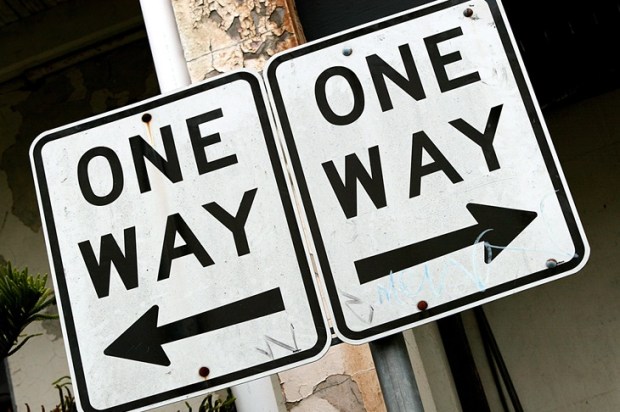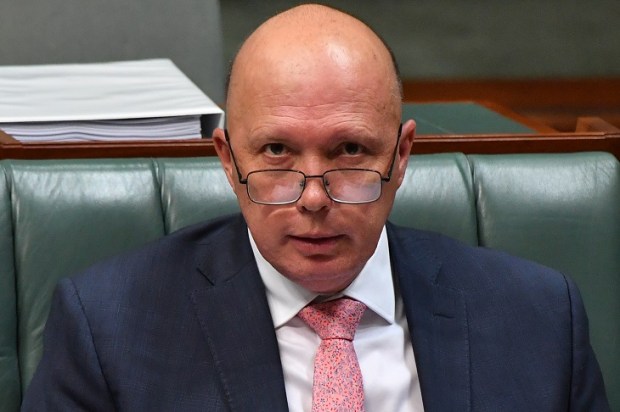“Luxury beliefs” are all the rage in elite circles. Rob Henderson, a PhD candidate at the University of Cambridge who coined the term, explained that they are “ideas and opinions that confer status on the rich at very little cost, while taking a toll on the lower class.”
So-called “action on climate chang”’ is a prime example. Higher electricity prices may escape the notice of wealthy voters who say they want the government to commit to greater emissions reductions efforts. But for working and middle-class Australians, the destruction of their jobs, the devastation of their local communities, and energy poverty are all-too-real consequences of policies they never voted for in the first place.
The divide over climate policy is one of class rather than political persuasion. This is why there is so much tension within the federal Coalition government; its voter base can be found in both wealthy inner-city seats and relatively less well-off regional electorates.
As Nationals Senator for Victoria Bridget McKenzie put it recently, “It is easy for the member for Kooyong or the member for Wentworth to publicly embrace a net-zero target before the government has a position, because there would be next to zero real impact on the way of life of their affluent constituents.”
A new research report from the Institute of Public Affairs helps to quantify this tension. Net Zero Emissions Will Divide Australians explores the potential impacts of a net-zero emissions target on jobs across New South Wales, Queensland, and Victoria, and shows which electorates in each state will see the most and the fewest job losses.
Unsurprisingly, there is a clear pattern in each state: the Nationals overwhelmingly represent the electorates which will see the greatest number of jobs put at risk by a net-zero emissions target, while the Liberals overwhelmingly represent the electorates which will see the smallest impact on jobs.
In fact, a worker in an electorate represented by the Nationals is over three times more likely to lose their job than a worker in an electorate represented by the Liberals under a net-zero emissions target.
The report finds that a net-zero emissions target would put up to 172,300 jobs at direct risk in NSW, just under 5% of the state’s workforce. The Nationals hold six of the top 10 electorates with the most jobs at risk while the Liberals hold six of the bottom 10 electorates with the fewest jobs at risk.
In Queensland, up to 162,100 jobs could be put at direct risk, approximately 6% of the state’s workforce. All six of the Nationals-held federal electorates in the state are in the top 10 with the most jobs at risk, while the Liberals hold six of the bottom 10 electorates with the fewest jobs at risk.
And in Victoria, all three of the Nationals-held electorates rank in the top five, while the Liberals hold seven in the bottom 10.
The Coalition is edging towards adopting a net-zero emissions target (led by the Liberals under Scott Morrison). In doing so, it is aligning itself with the luxury beliefs held by the international elite who are about to congregate in Glasgow for the United Nations Climate Change Conference.
But it is enlightening to explore the results of the 2019 election (the ‘climate election’, so we were told) in the context of this new IPA research.
Across NSW, there was a 1.25% swing towards the Coalition on a two-party preferred basis, but in the top 10 electorates with the most jobs placed at risk by net-zero there was a 3.1% swing towards the Coalition. In Queensland there was a hearty 4.3% swing towards the Coalition, but in the top 10 at-risk seats it was 6%.
The very voters who delivered the Coalition a third term of government do not want a net-zero emissions target. They explicitly and overwhelmingly voted against it when last given the option.
Luxury beliefs may come cheap to inner-city voters, but they may well just cost the Coalition the 2022 election.
Cian Hussey is a Research Fellow at the Institute of Public Affairs.
Got something to add? Join the discussion and comment below.
Get 10 issues for just $10
Subscribe to The Spectator Australia today for the next 10 magazine issues, plus full online access, for just $10.

























Comments
Don't miss out
Join the conversation with other Spectator Australia readers. Subscribe to leave a comment.
SUBSCRIBEAlready a subscriber? Log in